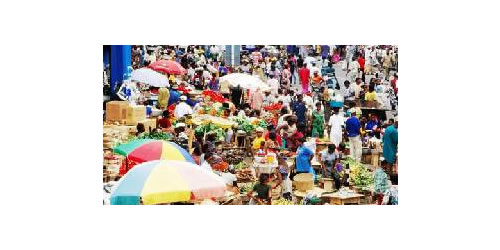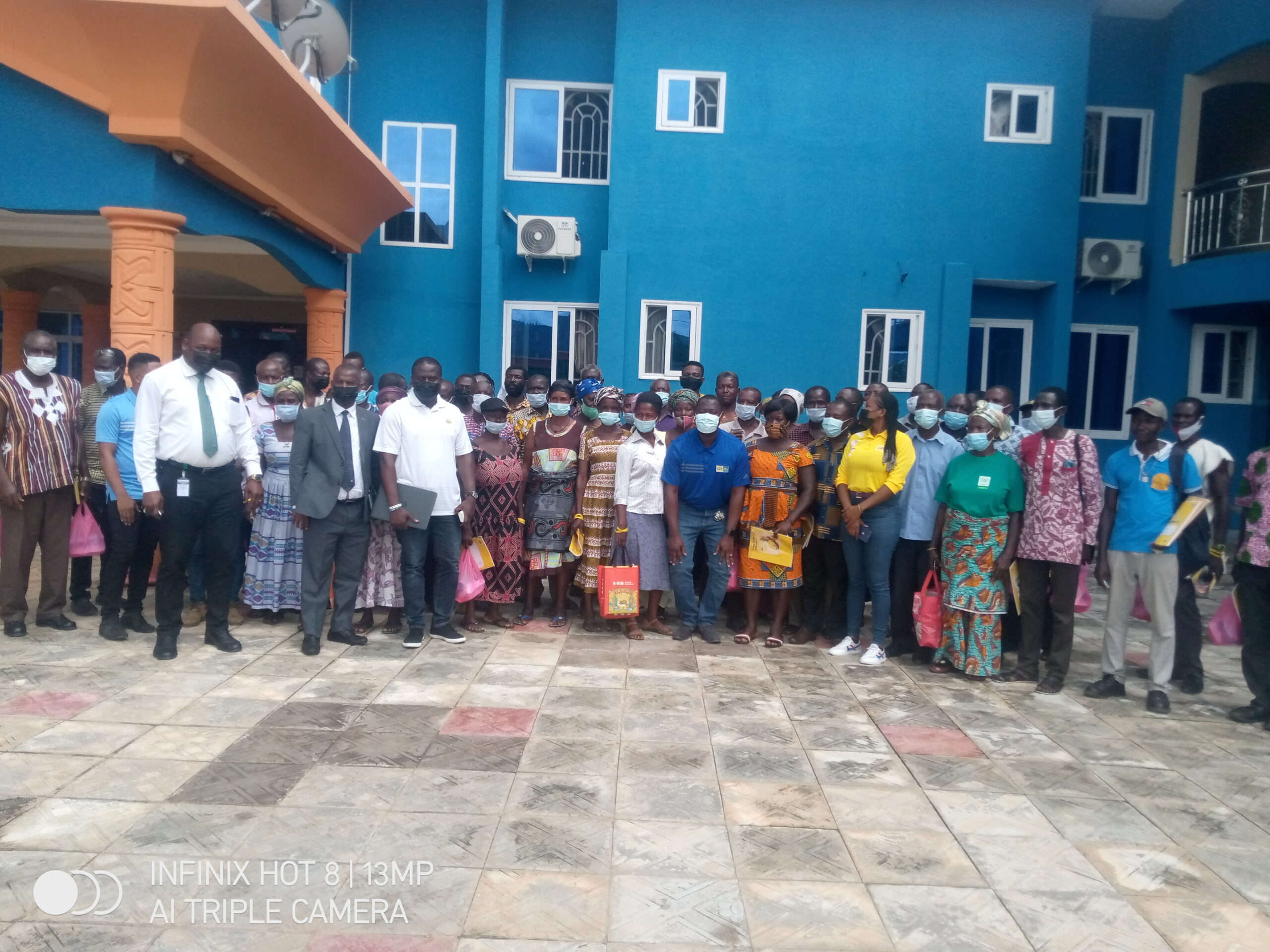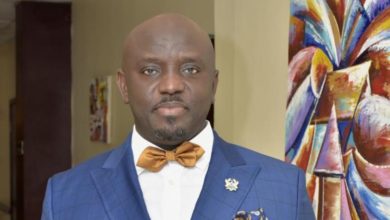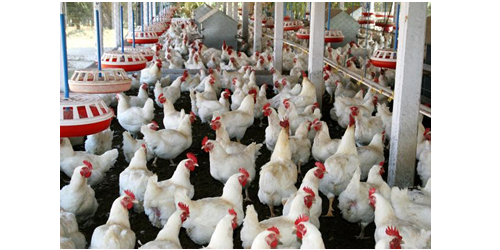No better prospects for 2016 – Report

The overall economic status of Ghanaians in 2016 is expected to remain the same or get worse, according to Trends and Rating Consult (TRC), a non-political, knowledge creation and research services organization.
In its new report titled: ‘Ghana 2016 Budget Analysis,’ TRC indicated that from the Budget Statement and Economic Policy of the Government of Ghana for 2016, any raised hopes will be nothing but a fleeting illusion.”
It said “this is quite simply due to the government’s failure to strategically invest in the productive sectors and stimulate real growth; the decision to borrow more on the local market, as well as the real risk of excessive election-related spending which will further rock an already unstable national economy.”
According to the research organisation, while such decisions will not increase revenue for the state, they threaten to starve businesses of capital and result in more debts which will require future borrowing to pay off.
“Any real improvement in an individual’s life is most likely due to a combination of that person’s wit and peculiar opportunities than the outcome of the policies of the government for 2016.”
It stated that for the 2016 financial year, the budget failed to offer a lifeline or mention a programme through which the government could give Ghanaians some immediate reprieve from the challenges of the year before.
“It contained no policy or set of policies which will stimulate an increase in local production and consumption to bring real economic relief. In the absence of such stimulus, the economic outlook for 2016 promises no improvement from that experienced in 2015.”
The report stated that a particular issue that critics always cite as a major problem for the country is its borrowing culture i.e. the chronic desire to overspend which fosters a chronic need to borrow.
“In 2016, this culture is to continue. Essentially, the government will spend more than it can generate, borrow to cover the cost of the excess spending and then borrow some more to pay part for the interest of earlier borrowing. What is to change is how the government will source the money to finance its excess expenditure. In addition to changing its lending source pattern, for which a greater portion of the borrowing will be done locally (from the Bank of Ghana and commercial banks), the government is also targeting a 13.5 percent reduction in deficit and has committed to not spend beyond its planned GH?46 billion.
Suppose the government is to be trusted in an election year to maintain discipline and spend according to budget, its efforts may yet remain insufficient in changing the cycle of spending and borrowing that has plunged Ghana into a GH?92 billion debt noose.
The choice to defer the use of other measures, such as making further cutbacks on expenditure, consciously improving exports, increasing profits from state-owned industries etc., to further reduce deficit will have consequences for the ordinary Ghanaian in 2016. The cycle of cedi instability, failed inflation targets, higher lending rates and narrow window for activities to improve economic wellbeing are likely to continue in 2016.”
Source: Daily Guide




